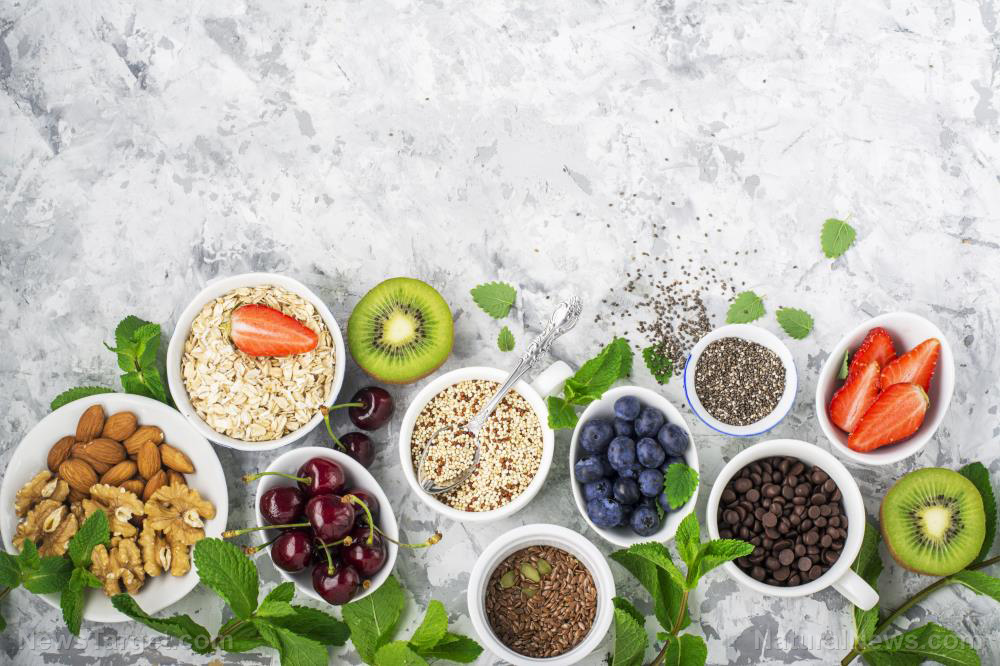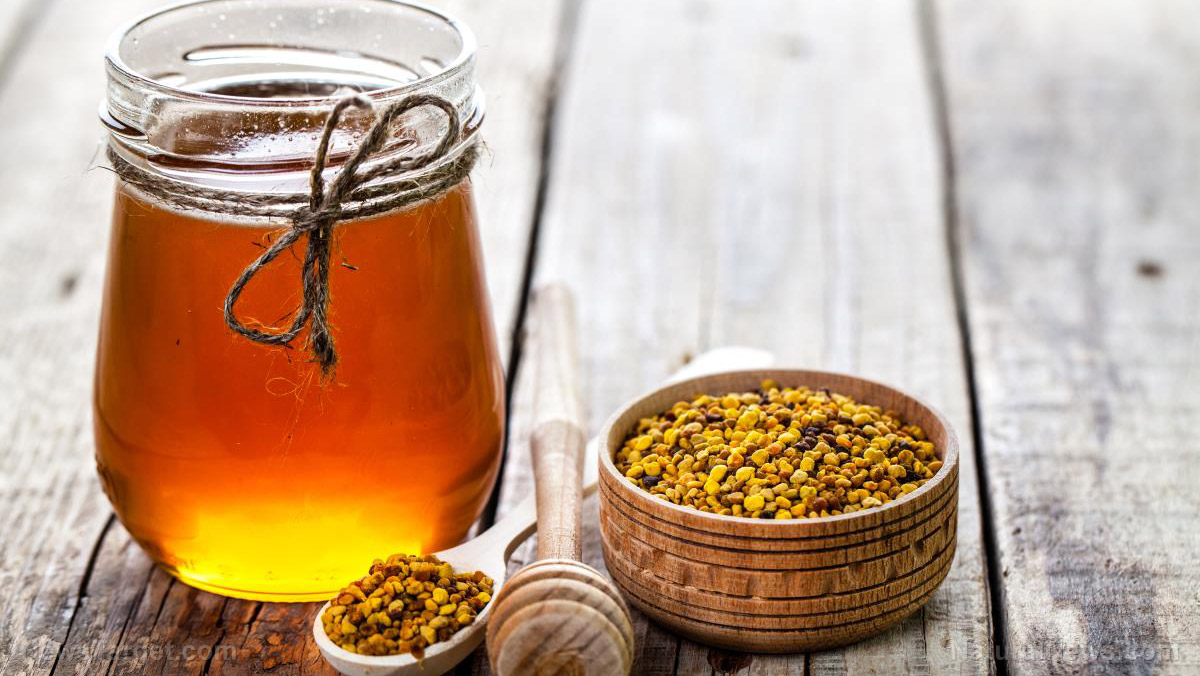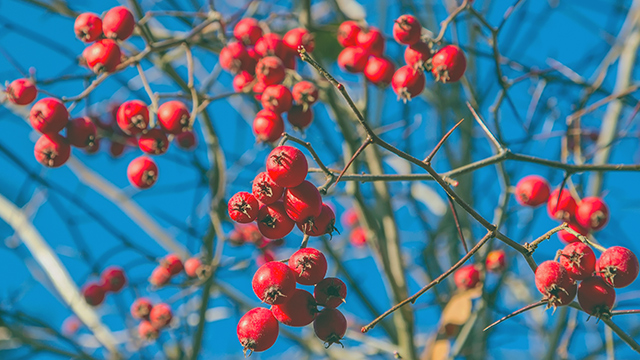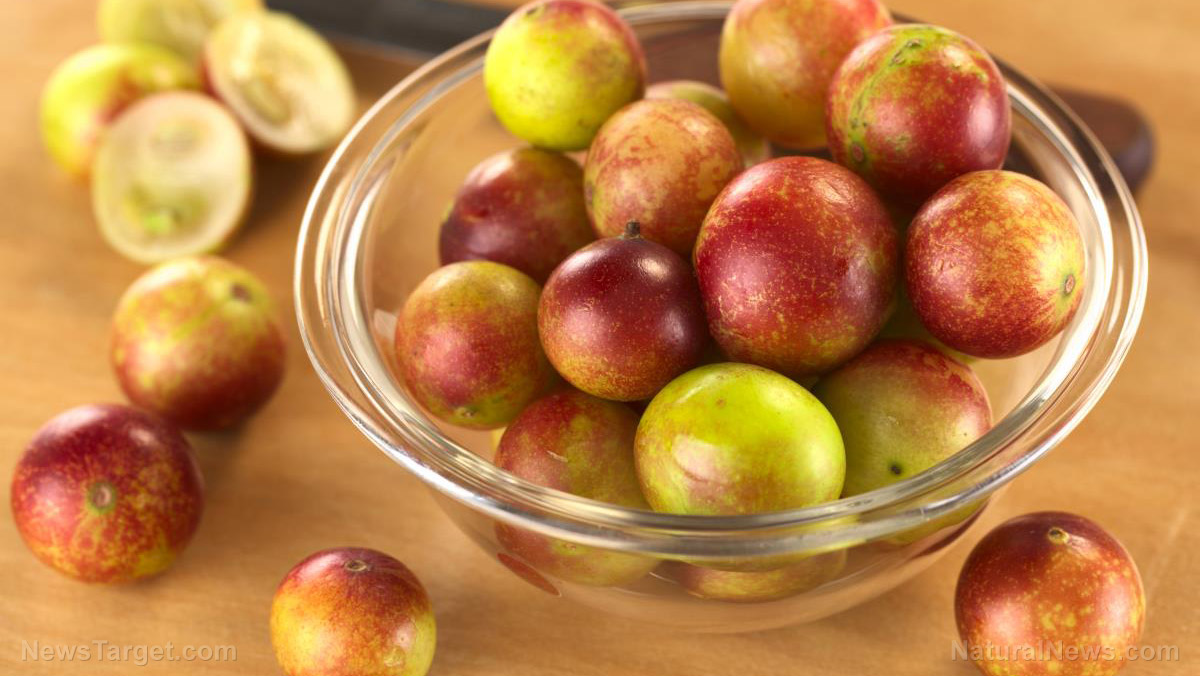Kombucha and probiotics: Why is this fizzy drink good for you?
09/03/2020 / By Divina Ramirez

Kombucha is a rising star in the realm of health foods. But make no mistake. This fermented, carbonated drink is more than just a food fad. In fact, scientists are turning to kombucha in an attempt to understand the relationships among microbial communities.
In a recent article published in PeerJ, scientists from Arizona State University (ASU) and the University of New Mexico (UNM) offered insight into the interactions among microbes in kombucha and the mechanisms behind the fermentation that produces kombucha in the first place.
Kombucha: A product of microbes
Kombucha is a fermented food, much like cheese, kimchi and sauerkraut. It is a carbonated drink that contains microorganisms made from introducing the sugar sucrose to black or green tea, then adding in both a liquid sample and a biofilm from a past batch of kombucha.
Because of these microorganisms, also called probiotics, kombucha is often marketed as promoting digestion and maintaining optimal gut health. But studies on kombucha and its microbes are scant.
To better understand this fermented drink, scientists from ASU and UNM examined existing studies on kombucha and fermented foods. Those that used model systems like yogurt and sourdough were also included.
Upon analysis of the quality of the results reported by the studies, the scientists found that kombucha contains numerous species of microbes involved in complex interactions. For the most part, these interactions involved both cooperation and conflict.
For instance, the yeast from the kombucha culture produces an enzyme called invertase that enables microbes to metabolize the sucrose. Bacteria then produce a barrier, or biofilm, on the surface of the solution that protects against invaders and provides oxygen.
Similarly, yeast produces the chemical compound called ethanol to protect microbes in the solution from pathogens. Bacteria, on the other hand, produce acid that more or less fulfills the same function as ethanol.
Athena Aktipis, an assistant professor in the department of psychology at ASU, notes that kombucha had been the best sample to use as a model system for their research because it is both simple and complex.
This means that the microbial communities in kombucha are simple enough to cultivate in a controlled environment but still feature an interesting and diverse range of microbial species.
Lead researcher Alexander May says that microbes have a lot of complex and social behaviors that scientists are only beginning to learn about. Understanding these at a small scale might help shed light on those happening at a larger scale.
It might also be interesting to see if these patterns can be observed in human societies, too, May adds.
May and his colleagues have since gone on to use kombucha in creating antimicrobial products that can outcompete pathogens better than drugs.
The team also hopes to use their findings to create holistic treatments that can help maintain the balance of microorganisms in human bodies.
Health benefits of kombucha
Despite the lack of rigorous research on kombucha, existing studies suggest that it can also offer other health benefits outside of digestion and gut health.
Here is a quick glance at some of these potential benefits that researchers are continuing to learn about:
- Boosts metabolism – Recent studies found that epigallocatechin-3-gallate (EGCG), a catechin found in green tea, can boost metabolism.
- Reduces inflammation – Both green and black tea contain plant compounds called catechins and tannins that act as antioxidants. Therefore, drinking kombucha might help lessen inflammation.
- Protects against cancer – Existing test-tube studies on kombucha suggest that it can slash cancer risk. Scientists speculate that this effect might be attributed to the drink’s antioxidant properties. (Related: Kombucha prepared from ginger holds potential for treating breast cancer.)
- Strengthens immune health – Immune health is tied to gut health. Therefore, maintaining a healthy gut by consuming probiotics can also boost immune health.
- Enhances mood – Current research suggests that probiotics are linked to brain health and the risk of mental disorders like depression. Depression is tied to inflammation, so drinking probiotic-rich beverages that can fight inflammation, such as kombucha, might help enhance mood and protect it from depression in the long run.
- Supports heart health – Earlier studies on kombucha suggest that it can reduce high cholesterol, a major risk factor for heart disease.
- Regulates blood sugar – Studies on diabetic rat models have demonstrated that kombucha can inhibit the digestion of excess carbohydrates, thus protecting against blood sugar spikes.
Research on kombucha is still quite limited, but findings from small studies and ongoing trials suggest that kombucha might not be so different after all from other fermented foods in terms of nutrition and health benefits.
Read more articles about the health benefits of kombucha and other fermented foods at FoodIsMedicine.com.
Sources include:
Submit a correction >>
Tagged Under:
This article may contain statements that reflect the opinion of the author
RECENT NEWS & ARTICLES
COPYRIGHT © 2017 SUPER FOODS NEWS





















